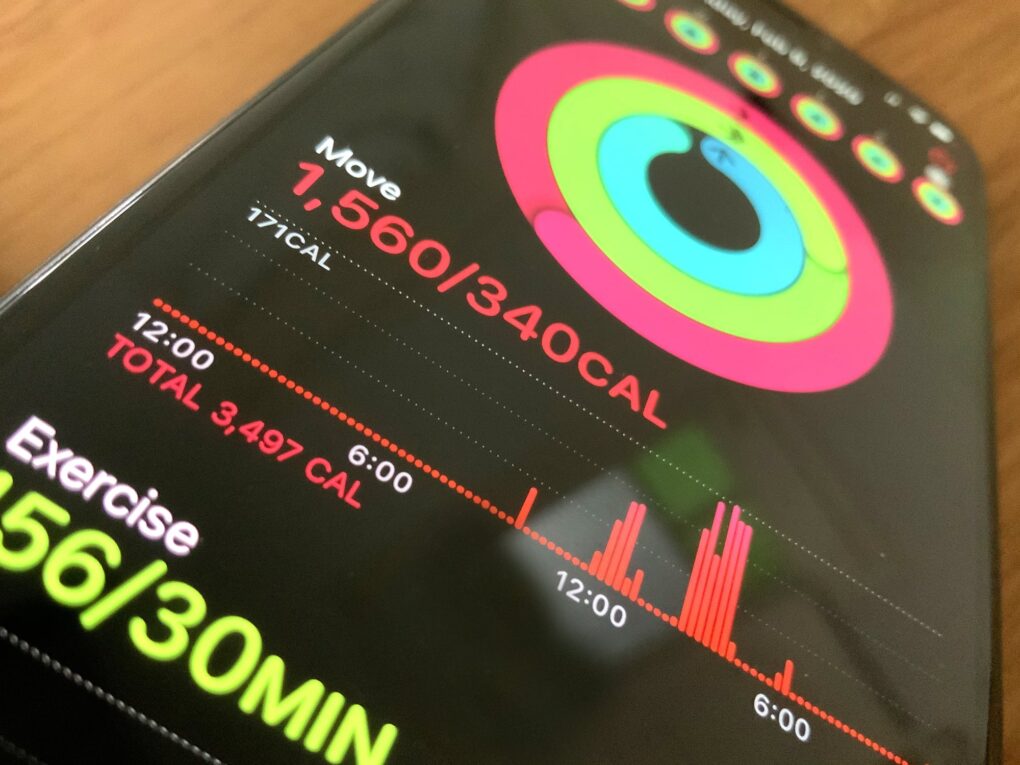While your Apple Watch excels at measuring some fitness metrics, when it comes to calorie counts, it struggles and flails like me on a too-rare gym visit. A new study raises questions about how much trust you can place in data gathered by the smartwatch.
Basically, Apple Watch is great for measuring heart rate and counting steps, but not so much for tallying calories burned. It’s a common problem with consumer-grade health devices.
Apple Watch calorie counts are much less accurate than other fitness metrics
Researchers from the University of Mississippi recently conducted an extensive meta-analysis examining 56 studies that compared Apple Watch measurements against gold-standard clinical reference tools. The findings reveal a clear accuracy divide between different types of health tracking, CNET reported Wednesday.
Heart rate and step counting earn high marks
The good news for Apple Watch users is that the device performs exceptionally well when tracking heart rate and step count. The study found mean absolute percentage errors of just 4.43% for heart rate monitoring and 8.17% for step counting. Since anything below 10% error is considered excellent for consumer-grade fitness devices, Apple Watch users can feel confident about these particular metrics.
This accuracy held consistent across multiple Apple Watch generations and user demographics. That suggests Apple refined these core tracking capabilities effectively over the years.
Calorie counts remain problematic for Apple Watch
However, the study reveals a significant weakness in one of the most commonly referenced fitness metrics: calorie burn estimation. Apple Watch showed a mean error rate of 27.96% when calculating energy expenditure. That’s nearly three times higher than what’s considered acceptable for accurate measurement.
This substantial inaccuracy appeared consistent across all types of physical activities tested. Those include walking, running, cycling and mixed-intensity workouts. The problem isn’t unique to Apple, either. Previous studies have shown many consumer wearables can stray by 40% to 80% when estimating calories burned.
The challenge stems from the complex nature of calorie calculation. It involves numerous variables, including body composition, exercise efficiency, metabolism and individual physiological differences that are difficult to account for through wrist-worn sensors alone.
Understanding the limitations
University of Mississippi professor Minsoo Kang, who led the research, emphasizes the findings shouldn’t discourage Apple Watch use entirely.
“These devices are great for keeping track of habits and staying motivated,” he explained. “But do not take every number as 100% truth, especially the calories.”
The researchers stress that wearables should be viewed as motivational tools and habit trackers rather than diagnostic devices. For most users focused on general fitness trends and maintaining active lifestyles, Apple Watch remains valuable despite its limitations.
Continuous improvement noted
And take heart: The study identified a positive trend in that newer Apple Watch models showed improved accuracy compared to earlier generations. That indicates Apple continues refining both hardware sensors and software algorithms. While not every update represents a major leap forward, the gradual improvements suggest the technology evolves in the right direction.
For Apple Watch users, the key takeaway is understanding which metrics to trust and which to view with some healthy skepticism — particularly when making decisions about nutrition or intensive training regimens.


